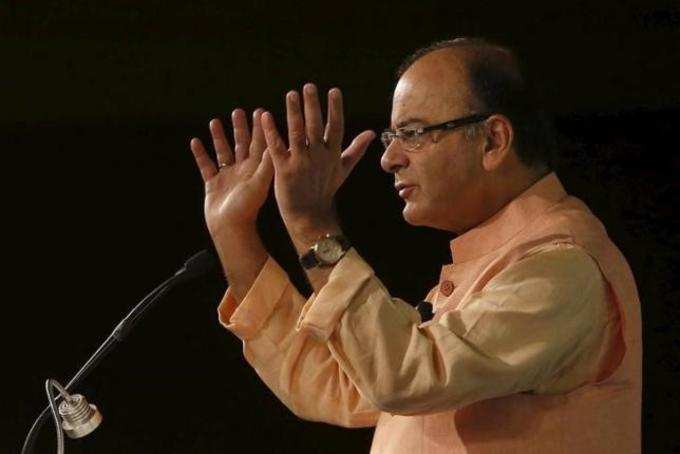 The crucial constitutional amendment bill preparing the ground for the Goods and Services Tax has been passed by the
The crucial constitutional amendment bill preparing the ground for the Goods and Services Tax has been passed by the Rajya Sabha unanimously passed the 122nd constitutional amendment with a total of 187 votes in favour, with 9 votes against it.
This will end a cumbersome regime of multiple taxes on goods and services and bring them under one rate. This one-stop tax move will cover 17 taxes like central excise duty, state-level taxes like, VAT or sales tax, entertainment tax, entry tax, purchase tax, luxury tax and octroi. The move will create uniformity in taxes across states, increasing efficiency & compliance and also boost Modi government's big push towards ease of doing business.
Following the passage of the amendment today, the draft legislations for the Central GST and IGST will be tabled in the
The Centre had earlier managed to iron out some differences with the states over GST's implementation. It dropped 1% manufacturing tax to ensure GST does not lead to revenue loss for the states, decided to provide a guarantee to compensate states for any revenue loss in the first 5 years of GST rollout, promised to work on a GST rate that cushions blow to the common man and also protect the revenue generating capacity of the states, agreed on dual control which means Centre will not have control to tax businesses with a turnover below Rs 1.5 crore, and promised to create space for a dispute redressal system for the states.
However, there were three demands in particular being debated by the Opposition today. Focus was on the tax rates. While GST rate was not be capped in the Constitution Amendment Bill, the
Arun Jaitley assured the House that the rate would be fixed with consensus, but failed to assure that the GST Bill would be introduced as a Money Bill. Even as Opposition expressed displeasure arguing the Finance Minister was not under any obligation to introduce it as a Money Bill and could assure, however, despite no assurance it passed the 122nd constitutional amendment as agreed, thereby clearing the biggest hurdle for GST to come into force.
(Image credit: Reuters)
